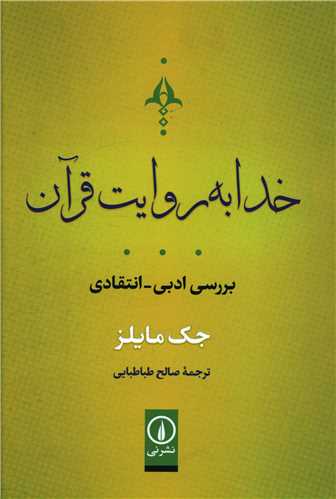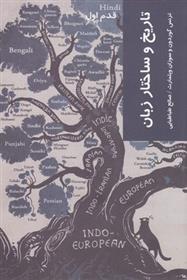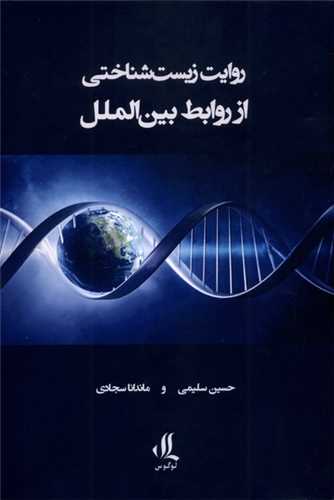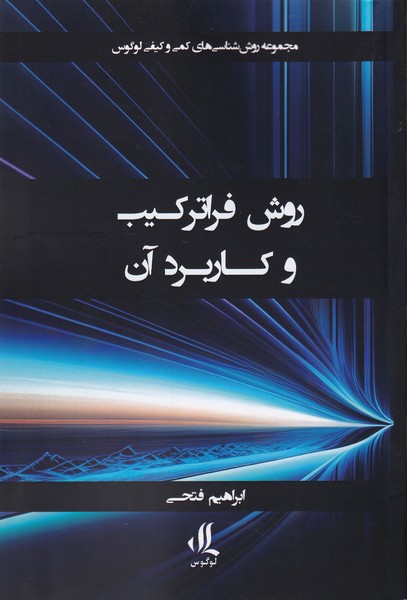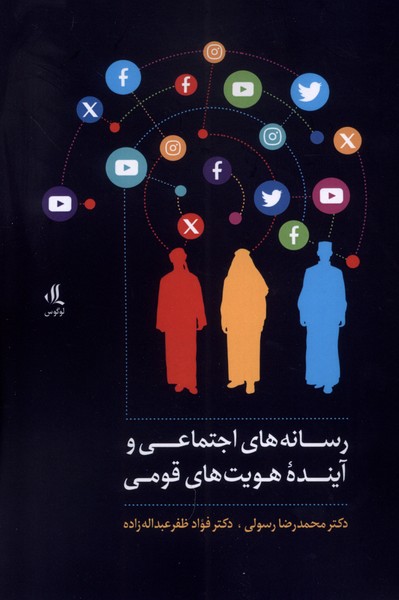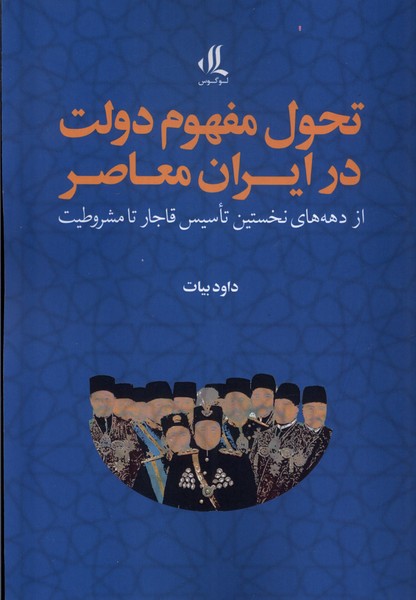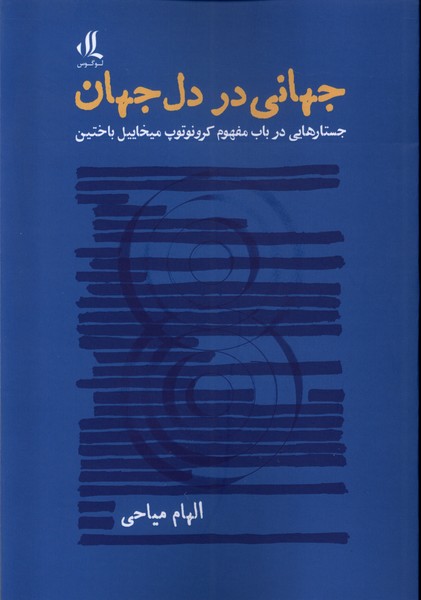آیا علم می تواند پرده از راز دین بردارد؟ الفارسية 1401
āyā 'ilm mī'tavānad pardah az rāz-i dīn bardārad?
15٫12 £
مشاركة
Wishlist
العنوان الأصلي:
Can Science Explain Religion?: The Cognitive Science Debate
ISBN رقم:
9786227825800
المترجم:
ṣaliḥ ṭabāṭabāyī
الناشر:
Lugus
الفئة العمرية:
البالغون
الصفحات:
276
الوزن:
288 g
أبعاد المنتج:
14 x 21 x 2٫6 cm
غلاف الكتاب:
غلاف ورقی
In recent years, the "New Atheist" movement has put the conflict between science and religion back on the cultural agenda of the people. Anti-religious polemicists are convinced that applying the new sciences of the mind to religious beliefs gives them the ultimate weapons in the battle against irrationality and superstition. What used to be a streak of scattered research articles in specialized scholarly journals has now become a deluge of books, articles, and commentaries in the mainstream media that push the case that the cognitive science of religion can ultimately lead to the Enlightenment dream of reducing religion to pretend to be unimportant. , if you don't remove it completely. James W. Jones argues that these claims are patently false. He notes that cognitive science research is religiously neutral. It can be used in many ways about the actual belief and practice of religion: to undermine it, to merely study it, and to support it. Reflect on the presuppositions and perspectives offered to interpret the data, suggests Jones.
The purpose of this book is not to defend a general religious view or a particular religious tradition, but to show that while much can be learned from the scientific study of religion, it is an attempt to use it to "explain" religion. Exaggerated and misled by relying on scientific research and logical reasoning Can science explain religion? It directly confronts the claims of these religious liars and provides a well-written and persuasive account of why they are unconvincing.
more
جنبش «آتئیست جدید» در سالهای اخیر، مناقشه علم در مقابل دین را دوباره در دستور کار فرهنگی مردم قرار داده است. جدل گرایان ضد دین متقاعد شده اند که به کارگیری علوم جدید ذهن بر باورهای دینی آخرین سلاح ها را در نبرد با بی خردی و خرافات به آنها می دهد. آنچه قبلا رگهای از مقالات پژوهشی پراکنده در مجلات علمی تخصصی بود، اکنون به سیلابی از کتابها، مقالهها و تفسیرها در رسانههای عمومی تبدیل شده است که این موضوع را تحت فشار قرار میدهند که علم شناختی دین میتواند در نهایت به رویای روشنگرانه کوچک کردن دین به بیاهمیت جامه عمل بپوشاند. ، اگر آن را به طور کامل حذف نکنید. جیمز دبلیو جونز استدلال می کند که این ادعاها به وضوح نادرست هستند. او خاطرنشان می کند که تحقیقات علوم شناختی از نظر مذهبی خنثی است. می توان آن را به طرق مختلف در رابطه با اعتقاد واقعی به دین و عمل به آن به کار برد: برای تضعیف آن، صرف مطالعه آن، و حمایت از آن. جونز پیشنهاد میکند، پیشفرضها و دیدگاههای ارائهشده برای تفسیر دادهها را منعکس کنید.
هدف این کتاب دفاع از یک دیدگاه کلی دینی یا یک سنت دینی خاص نیست، بلکه این است که نشان دهد در حالی که از مطالعه علمی شناختی دین چیزهای زیادی می توان آموخت، تلاش برای استفاده از آن برای «تبیین» دین است. اغراق آمیز و گمراه شده با تکیه بر تحقیقات علمی و استدلال منطقی آیا علم می تواند دین را توضیح دهد؟ مستقیما با ادعاهای این دروغپردازان دین مقابله میکند و گزارشی کاملا مکتوب و متقاعدکننده از اینکه چرا آنها قانعکننده نیستند، ارائه میکند.
more




